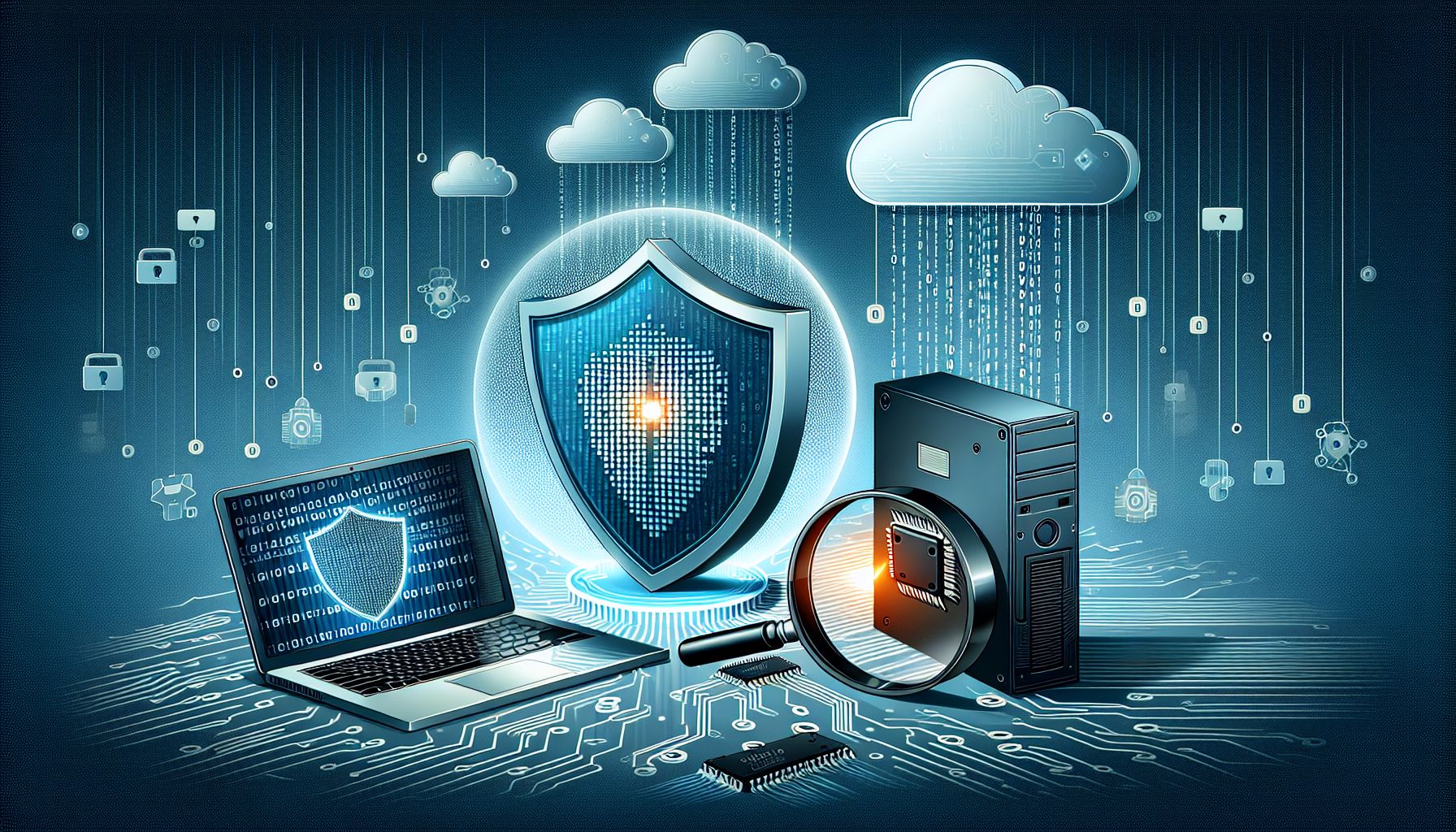In today’s digital age, where almost everything is connected to the internet, the need for robust cyber security measures cannot be overstated. As technology continues to advance, so do the threats that can compromise our personal and professional data. This is where computer forensics comes into play, as a vital tool in investigating and protecting against cyber attacks. In this blog post, we will explore the importance of cyber security and computer forensics for a technical audience.
The Importance of Cyber Security
Cyber security is the practice of defending computers, servers, mobile devices, networks, and data from malicious attacks. These attacks can come in various forms, such as viruses, malware, phishing, ransomware, and more. Without proper cyber security measures in place, individuals and organizations are at risk of falling victim to cyber attacks that can result in financial loss, reputational damage, and even legal consequences.
One of the key aspects of cyber security is prevention. By implementing measures such as firewalls, antivirus software, and regular security updates, individuals and organizations can significantly reduce their vulnerability to cyber attacks. However, prevention is not always foolproof, which is where computer forensics comes into play.
The Role of Computer Forensics
Computer forensics is the process of collecting, analyzing, and preserving electronic evidence to investigate cyber crimes or incidents. This may include recovering deleted files, examining network logs, or tracing the source of a cyber attack. Computer forensics experts use specialized tools and techniques to uncover the truth behind a cyber incident and gather evidence that can be used in legal proceedings.
In addition to investigating cyber crimes, computer forensics can also be used proactively to strengthen cyber security defenses. By conducting regular audits and forensic investigations, organizations can identify vulnerabilities in their systems and take corrective actions to mitigate potential risks. This proactive approach can help prevent future cyber attacks and protect sensitive data from falling into the wrong hands.
The Future of Cyber Security and Computer Forensics
As technology continues to evolve, so too do the threats to our digital security. With the rise of IoT devices, cloud computing, and artificial intelligence, the attack surface for cyber criminals is constantly expanding. This means that the need for skilled cyber security professionals and computer forensics experts will continue to grow in the coming years.
In response to this growing demand, educational institutions and organizations are offering more training and certification programs in cyber security and computer forensics. These programs provide individuals with the skills and knowledge needed to protect against cyber attacks and investigate digital crimes effectively.
Conclusion
In conclusion, cyber security and computer forensics play a crucial role in safeguarding our digital world. By implementing strong cyber security measures and leveraging the tools and techniques of computer forensics, individuals and organizations can protect against cyber attacks and respond effectively when incidents occur. As technology advances and the threat landscape evolves, it is more important than ever to prioritize cyber security and invest in the skills and expertise needed to defend against digital threats. By doing so, we can ensure a safer and more secure digital future for all.




